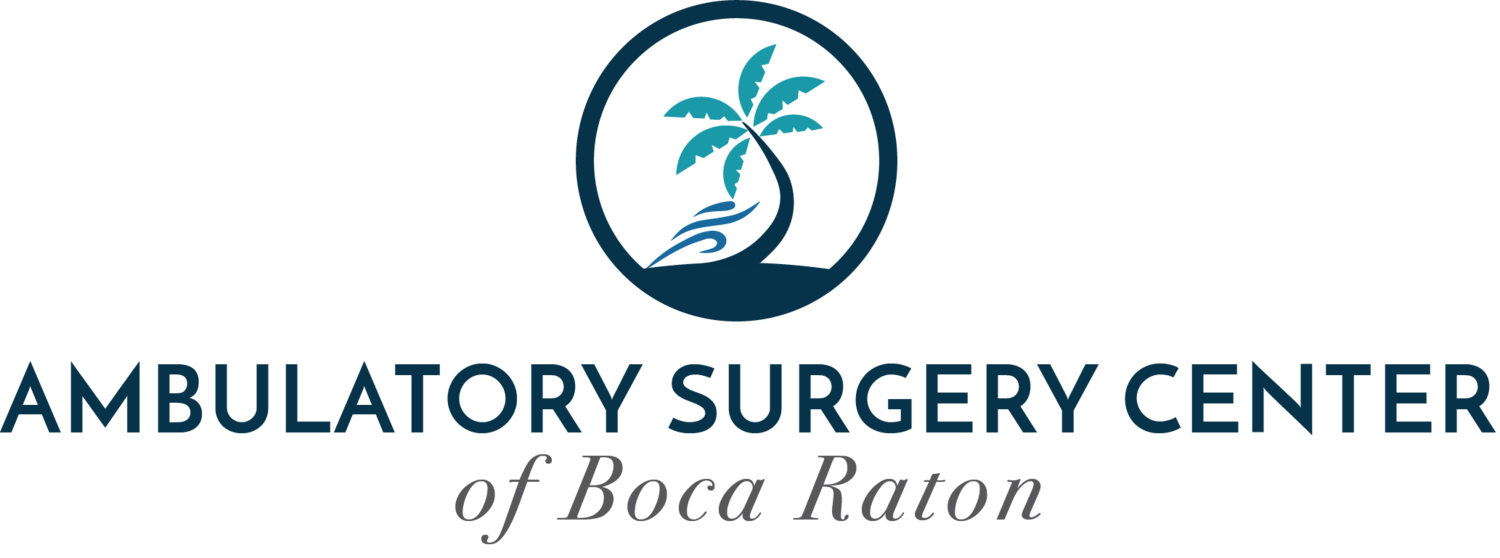Understanding Treatment Options for Hip Pain and Mind-Body Connection
Hip injuries are a common issue that many people face, particularly as they age. These injuries can be caused by a variety of factors, including trauma, overuse, and degenerative conditions like arthritis.
While hip injuries can be debilitating and impact daily life, there are several minimally invasive techniques that can help alleviate pain and improve mobility.
One of the most common minimally invasive treatments for hip injuries is arthroscopy.
Arthroscopy is a surgical technique that involves making small incisions and using a camera and specialized instruments to repair damaged tissue in the joint. Arthroscopy can be used to treat a variety of hip injuries, including labral tears, impingement, and cartilage damage.
Another minimally invasive technique for hip injuries is a procedure called hip resurfacing. Hip resurfacing is a type of hip replacement surgery that involves removing the damaged surface of the hip joint and replacing it with a metal implant.
This procedure can be less invasive than traditional hip replacement surgery and may be a good option for younger patients or those with more active lifestyles.
In addition to surgical interventions, there are several non-surgical treatments for hip injuries. Physical therapy, for example, can be a highly effective way to manage pain and improve mobility. Physical therapy can help strengthen the muscles around the hip joint, improve flexibility, and reduce inflammation. Other non-surgical treatments for hip injuries may include medications, such as anti-inflammatory drugs or corticosteroids, or injections, such as platelet-rich plasma (PRP) or stem cell therapy.
It is important to note that people should not have to live with debilitating hip pain. Many people believe that hip pain is simply a normal part of aging, but this is not necessarily the case. While some degree of wear and tear is expected as we age, chronic pain and disability are not inevitable. It is also important to recognize that emotional pain can be stored in the hips and that this emotional component can contribute to physical discomfort. Many people find that practices like yoga, meditation, or other mind-body therapies can help alleviate emotional stress and tension that may be contributing to hip pain.
If you are experiencing hip pain or discomfort, it is important to seek professional medical advice. Our professionals at the Ambulatory Surgery Center of Boca Raton are able to help identify the underlying cause of your pain and recommend appropriate treatment options. With advances in minimally invasive techniques, many people can find relief from hip pain and return to their daily activities with improved mobility and function.



